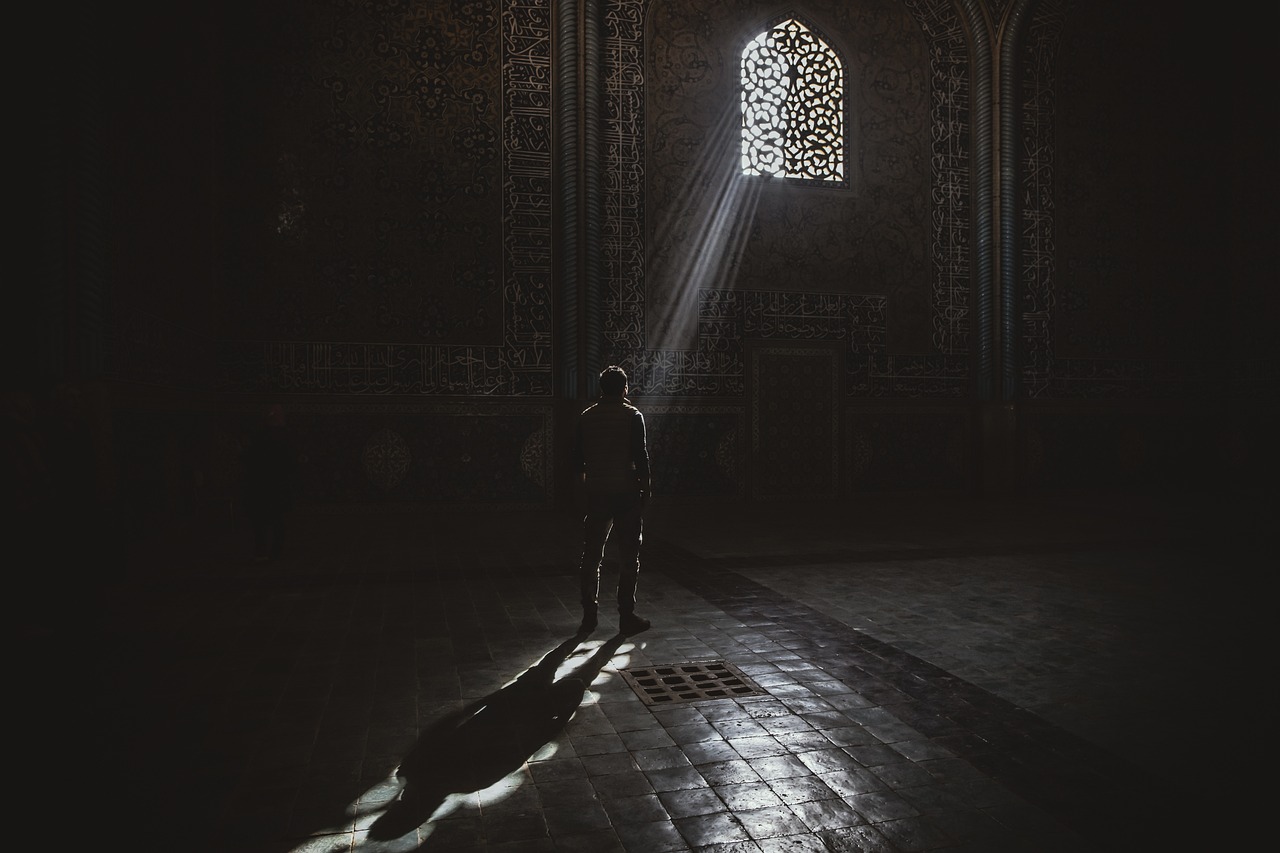Growing Optimism Amid Mpox Outbreak in Eastern DR Congo
In the heart of the eastern Democratic Republic of Congo (DR Congo), medical professionals are witnessing a promising trend in the ongoing mpox outbreak. Since the introduction of vaccination efforts last month, reports indicate a significant decline in new infections. This development comes as the World Health Organization (WHO) acknowledges that new cases appear to be stabilizing, though experts caution against premature conclusions regarding the effectiveness of these vaccinations.
Current Situation and Challenges
Mpox, previously known as monkeypox, has claimed at least 900 lives in DR Congo this year alone, highlighting its status as a global public health emergency. The disease has spread to 19 countries across Africa, indicating a broader regional challenge.
In September, a visit to a clinic in Lwiro—a rural area near Bukavu—revealed a healthcare system on the brink. Long lines of patients awaited treatment, and many were forced to share beds due to overwhelming numbers.
Nurse Emmanuel Fikiri, who has tirelessly worked throughout this crisis, noted that hospital capacity is now improving thanks to vaccination efforts and support from various partners. The community’s response has been encouraging, with high uptake rates contributing to a notable drop in infections.
“We can’t confirm that we’ve totally stabilized the disease,” Fikiri remarked, acknowledging that while new cases have decreased significantly—from 10-15 per day to just two or three, vigilance remains essential.
Vaccination Efforts and Future Outlook
DR Congo launched its mpox vaccination initiative in October after receiving 265,000 doses from international donors. To date, over 50,000 individuals have been vaccinated, with priority given to at-risk communities. However, concerns remain regarding the disproportionate impact on children; approximately 30% of those affected are pediatric patients who have not yet been vaccinated. The WHO recently authorized a vaccine for children from Japan, which may help address this gap.
Dr. Jean Kaseya from the Africa Centres for Disease Control and Prevention emphasized the urgency of continued intervention despite initial signs of improvement.
Dr. Samuel Boland, WHO incident manager for mpox, echoed this sentiment by stating that while DR Congo appears to be turning a corner, it is too early to declare victory over the outbreak. He highlighted that more than 90% of global mpox-related fatalities this year occurred within DR Congo.
As vaccination programs expand across other African nations like Nigeria and Rwanda, experts hope for gradual improvements by early next year. WHO Director-General Tedros Ghebreyesus called for a coordinated global response as mpox cases have also emerged outside Africa in several countries including the UK and US.
With vigilance and robust vaccination efforts underway, there is cautious optimism for overcoming this public health crisis while underscoring the need for continued support and intervention strategies.
For more updates on health issues across Africa and beyond, visit BBCAfrica.com or follow us on social media platforms like Twitter @BBCAfrica and Facebook at BBC Africa.


